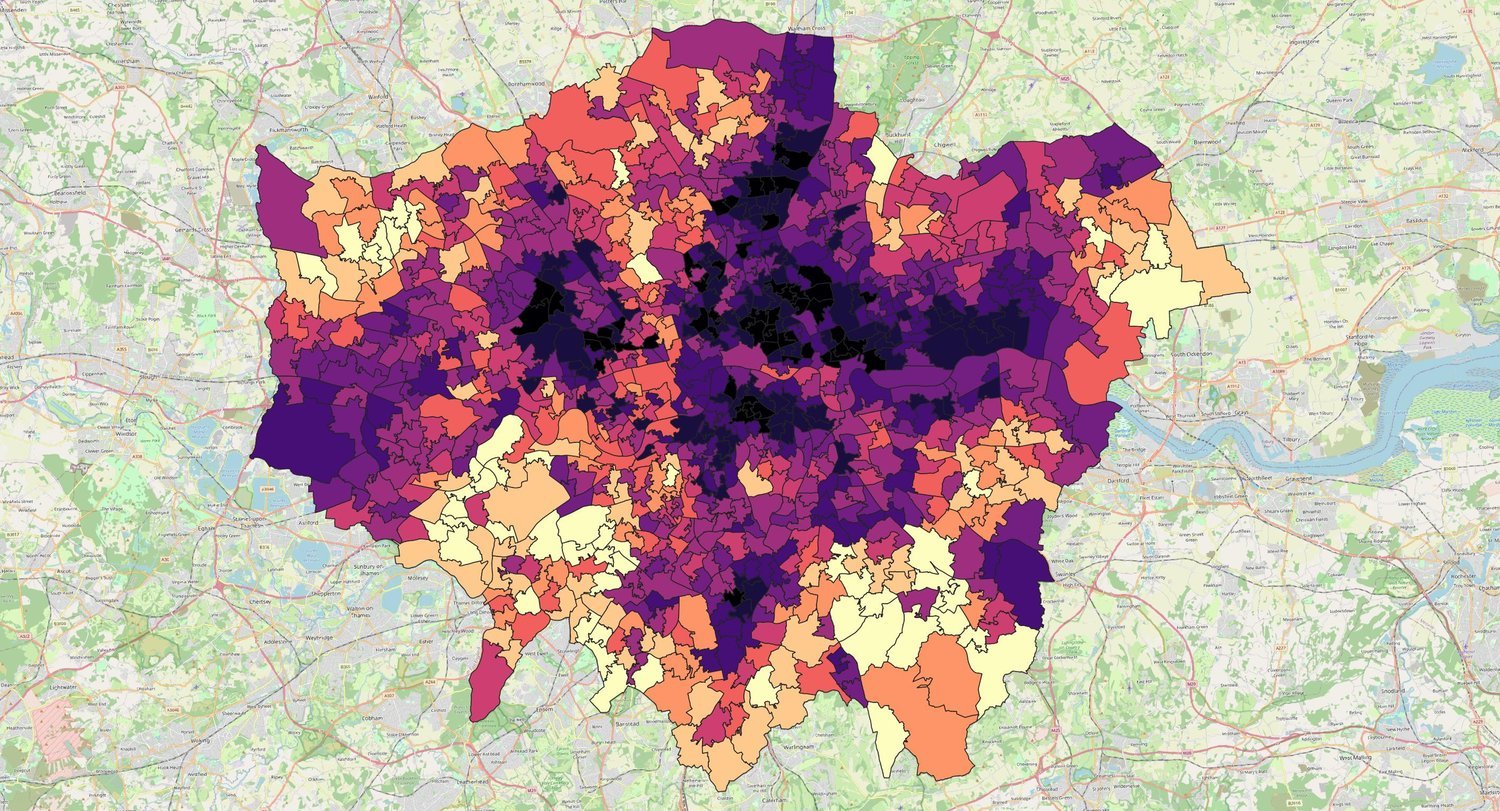
Living Library of Knowledges
About This Page
-
Our Living Encyclopedia is part of our work in creating Living Knowledges. Here you will find community led and scientifically rooted reportings that are in constant progression as injustice is an evolving phenomena.
Living Knowledges is a realm where knowledge finds a sanctuary to flourish, evolve, and expand beyond the confines of conventional repositories. It is a dynamic space dedicated to storing and nurturing knowledge in a manner that allows it to adapt, transform, and grow with the passage of time.
This is a digital ecosystem designed to accommodate the vast array of information amassed by humanity. It goes beyond the static nature of traditional libraries and archives, embracing the concept of living ideas that continuously evolve. Thus, knowledge is envisioned as a living entity that undergoes perpetual enhancement and refinement. Every piece of information is treated as a seed, capable of germinating, branching out, and cross-pollinating with other ideas.
-
This Library houses all the work produced therefore you can use the filter to search for topics and formats that suit your query.
You can access a range of works, such as definitions which give a ~200 word summary of a key topic, as well as long form reports.
Some of the works listed here also feature in the Programmes so you can see related works as you go.
Urban Sacrifice Zones & the Right to Pollute
The purpose of this data led study is to bring attention to everyday people those who have the right to pollute in their neighbourhoods, so that people can make more informed decisions when it comes to voting and priorities for our shared health and climate change action points.
Heating & a Healing Home
This data led article explores how this winter homes in areas of high pollution and deprivation with low EPC ratings are a toxic cocktail for health risks.
Gasworks, Regeneration and Communities
This article explores how “regeneration” is a word used to promote positive benefit from construction and urbanisation. It focuses on the “regeneration” of former gasworks, brownfield sites, in existing urbanised areas and the health implications with an economic led “regeneration” mantra.
The Responsibility of the Food, Drink, Tobacco Industry in Emissions
Due to the large level of grocery sales, food, drink and tobacco are the largest emitters of any retail sub-sector, being responsible for 62 per cent of all emissions.
Urbanisation & Health Outcomes: A Data Led Approach for Accountability and Action
This research and data article presents the use of a new tool advance towards health justice. Ensuring responsibility and accountability for one's own actions. There is a chance to no longer account for the place a person lives to be a determinant in their health.
Decarbonisation, Natural Gas, and Health
The move away from a reliance on a natural resource should be supported by the health and environmental benefits it will bring to people living in close proximity to industrial sites, and to our overall biodiversity regulation.
Standing Up for the Multi-Ethnic Working Class Women’s Health in the Climate Crisis Conversation
Today, 5 November 2021 COP26 will be focusing on Public Empowerment. We want to support multi-ethnic working class women in the conversation of climate justice and health equity. It is now common understanding that the climate crisis will not be affecting people equally, but little attention is given to understanding the pathways that fuel this inequity or clear strategies to rectify them. In this brief report, Centric will look at the UK to identify the demographic that is being put at most risk of poor health outcomes due to the ongoing climate crisis.






